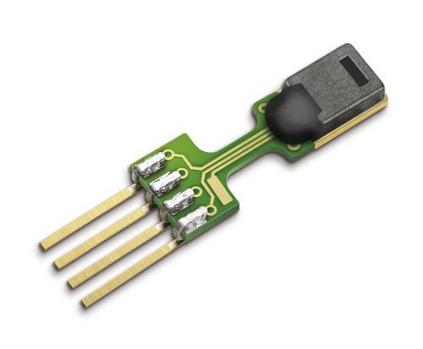Quantum sensors are expected to be a prominent use-case of quantum technologies, but in practice, noise easily degrades their performance. Quantum sensors can for instance be afflicted with erasure errors. Here, we consider using quantum probe states with a structure that corresponds to classical $[n,k,d]$ binary block codes of minimum distance $d \geq t+1$. We obtain bounds on the ultimate precision that these probe states can give for estimating the unknown magnitude of a classical field after at most $t$ qubits of the quantum probe state are erased. We show that the quantum Fisher information is proportional to the variances of the weight distributions of the corresponding $2^t$ shortened codes. If the shortened codes of a fixed code with $d \geq t+1$ have a non-trivial weight distribution, then the probe states obtained by concatenating this code with repetition codes of increasing length enable asymptotically optimal field-sensing that passively tolerates up to $t$ erasure errors.
翻译:量子传感器预计将是一个显著的量子技术使用案例,但在实践中,噪音很容易降低其性能。例如,量子传感器可能会受到去除错误的影响。在这里,我们考虑使用量子探测器的形状,其结构与古典 $[n,k,d]$二进制区块最小距离的代码值为$d\geq t+1美元。我们获得了这些探测器国家在量子探测器状态最多以美元计的量子被删除后估计古典域的未知规模所能提供的终极精确度的界限。我们表明,量子渔业信息与相应的2美元缩短的代码重量分布的差异成正比。如果以$d\geq t+1美元计算固定代码的缩写代码值具有非三重重量分布,那么通过用不断延长的重复代码将这一代码转换而获得的探测状态便能够被动地容忍最高为$美元消除错误的尽可能最佳的现场测量。



